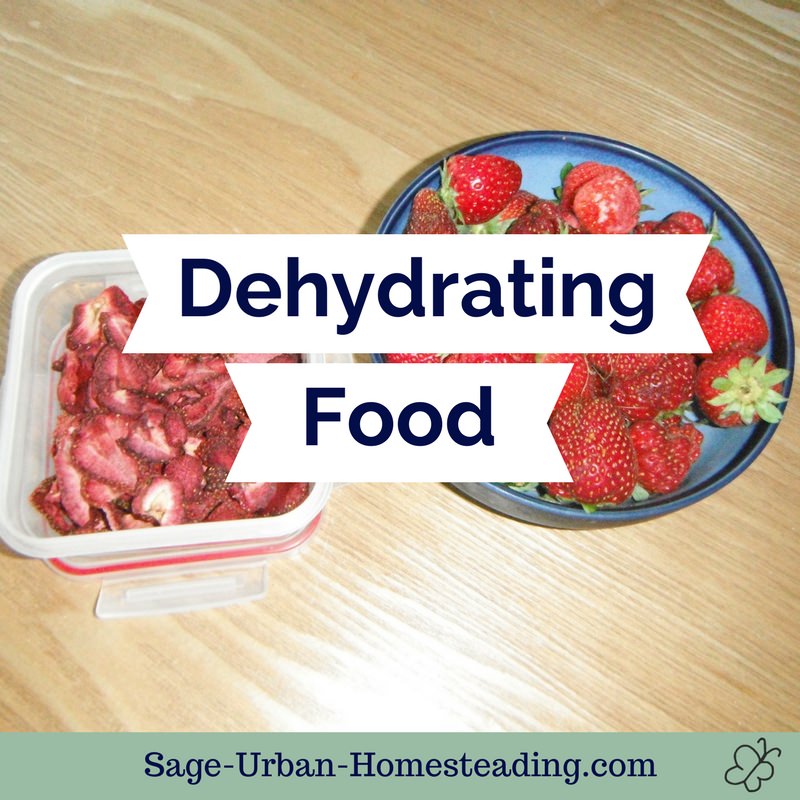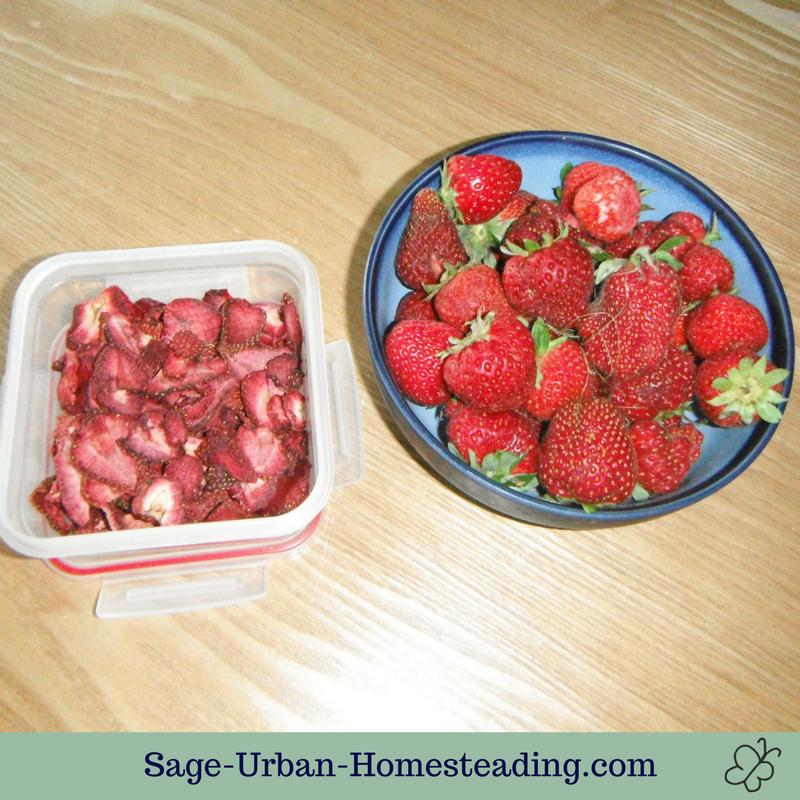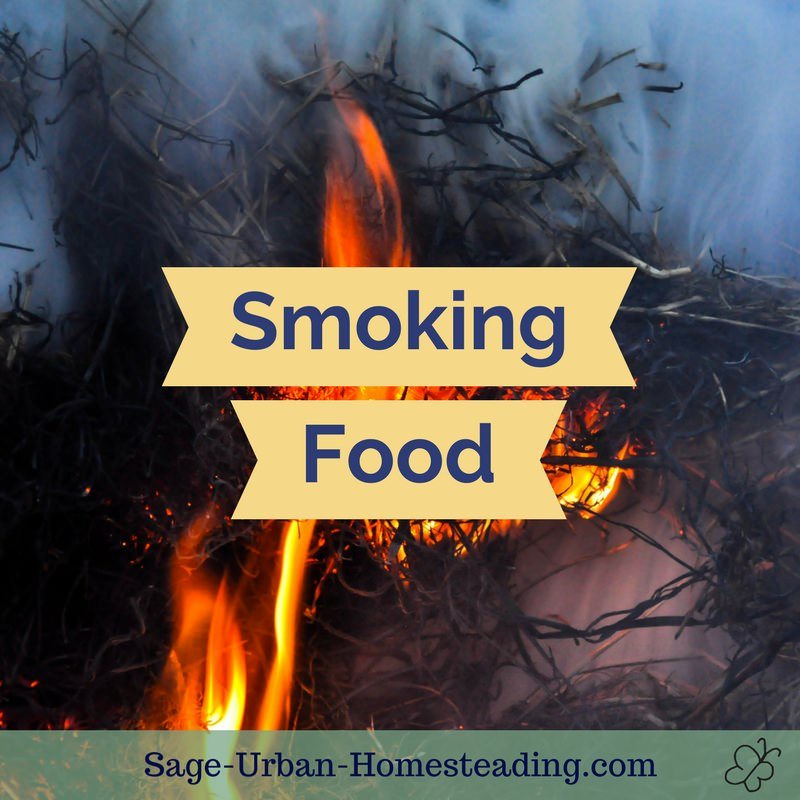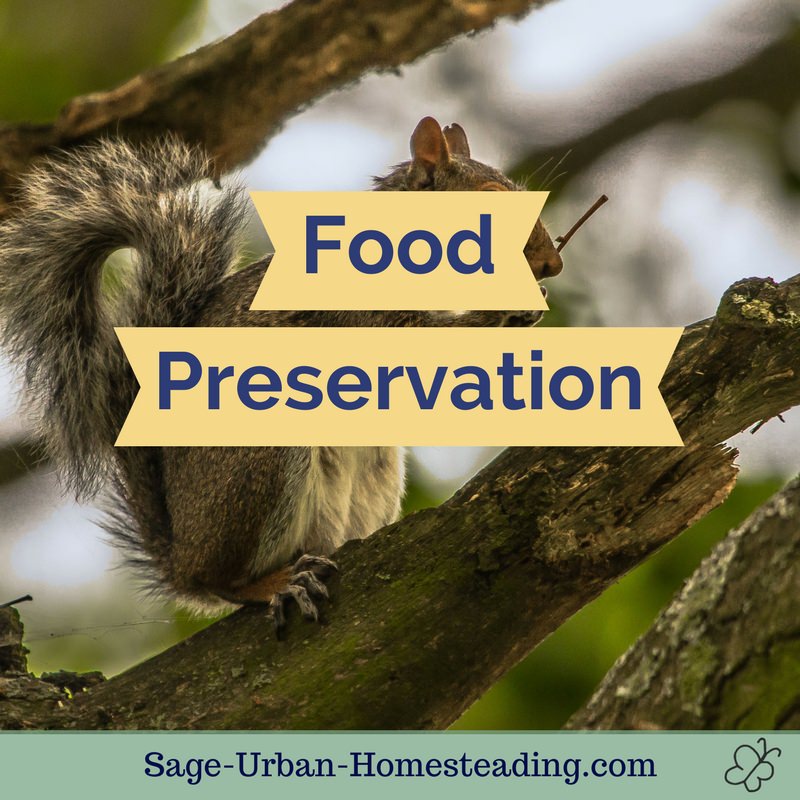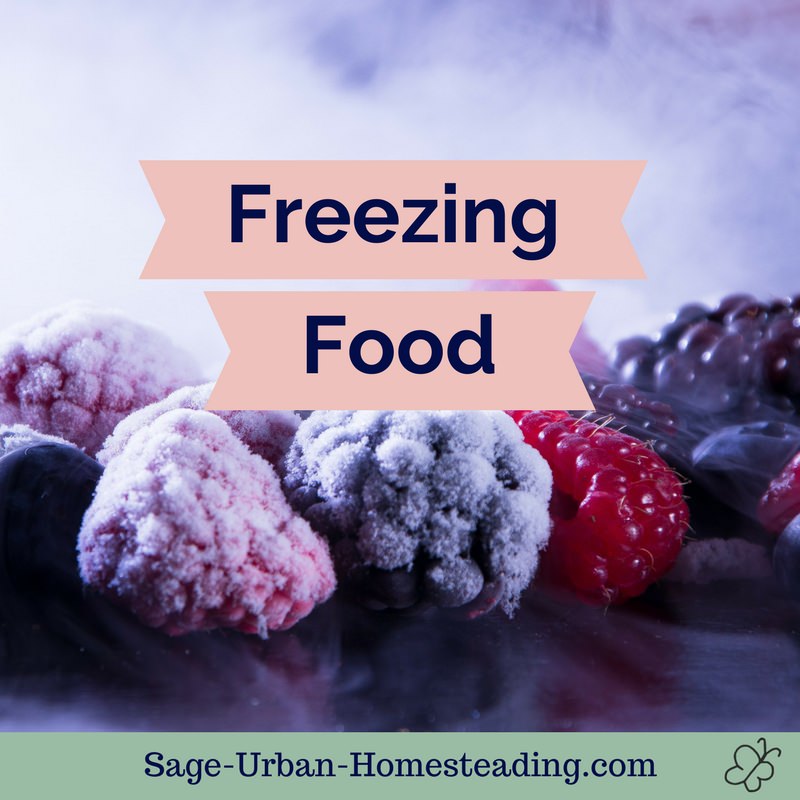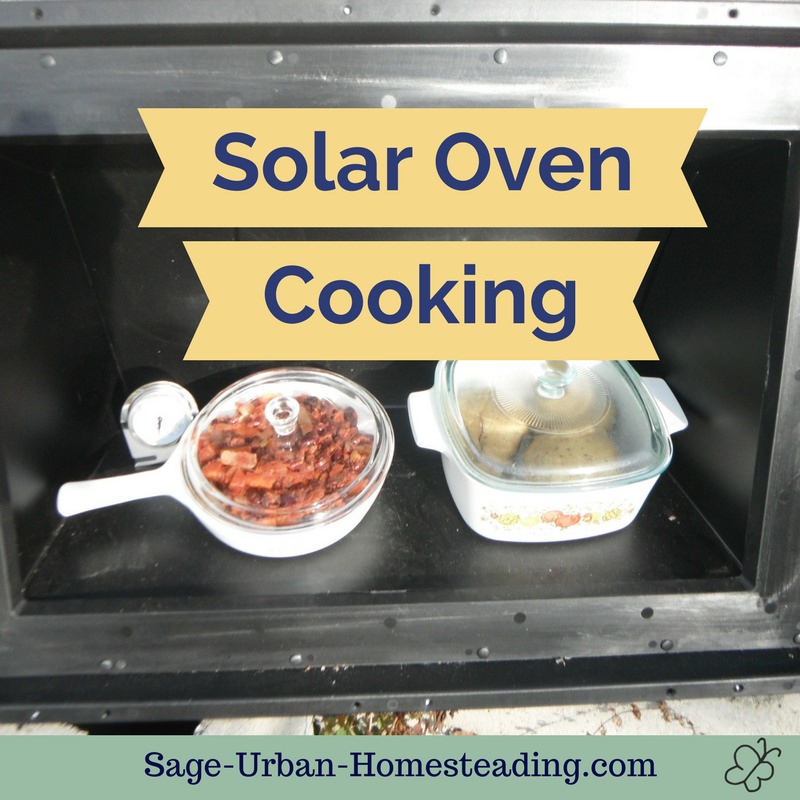FYI: I earn a small commission from some links and advertisements.
- Home
- Food Preservation
- Dehydrating
Dehydrating Food
I started dehydrating food to make traveling easier. It's also great for going on long hikes or camping. You can dry food with an electric dehydrator or use screens.
How to Do Food Dehydration
The traditional technique for drying food is to use fine screens (or people standing guard) and expose the food to the open air. Obviously this works best where the weather is warm and dry.
Food that is too damp can develop mold and bacteria. A low brix value will also make it more susceptible to rotting. Foods with a high brix level naturally dehydrate with little or no help.
Easy Dehydrating Food
The easiest way to dry food is in an electric dehydrator. They only cost about $3 to run through a 12 hour cycle. The temperature is controlled to stay at a low enough level that preserves the nutrients and enzymes, and a fan circulates the warm air.
I have an Excalibur 9 Tray Food Dehydrator that I received off of our wedding registry. I chose this model because it is known for distributing the heat evenly and maintaining a consistent low temperature. I use it most frequently to keep us supplied with homemade fruit leather!
We've also had a lot of success with dehydrated zucchini squash, strawberries, bananas, and apples.
Drying blueberries and cranberries works best if they're sliced in half.
I will share more recipes and ideas as I try them.
I find that I'm still drying nuts in the regular electric oven on the lowest setting because they require a slightly higher temperature than the dehydrator gives.
If you want to try a solar oven, I know someone who uses her car's trunk as a dehydrator on hot summer days!
A Family History of Drying Food
I grew up with stories about my great-great-grandmother and her
daughters drying food in the attic so they would have summer produce to eat in the
middle of winter.
I describe some of these traditional dried food recipes in detail inside my cookbook.
Advantages of Dried Foods
Dry food that does not require refrigeration is perfect for traveling and taking hikes. It also weighs less and takes up less space.
Foods with a high brix value will naturally dry instead of rotting. Use the best methods for dehydrating food to avoid mold and spoiling.
Disadvantages of Dried Foods
Proteins and essential fatty acids are very fragile and easily damaged by improper drying. Only certain types of animal products should be dried.
You should not dry:
- eggs (should be hardboiled for longer storage)
- milk (make cheese)
If you want to dry animal products, there are traditional ways of making buffalo or beef into pemmican. See Nourishing Traditions for the recipe.
Many native tribes also dried salmon, as described in the Nutrition and Physical Degeneration book written by Dr. Weston A. Price in 1939.
